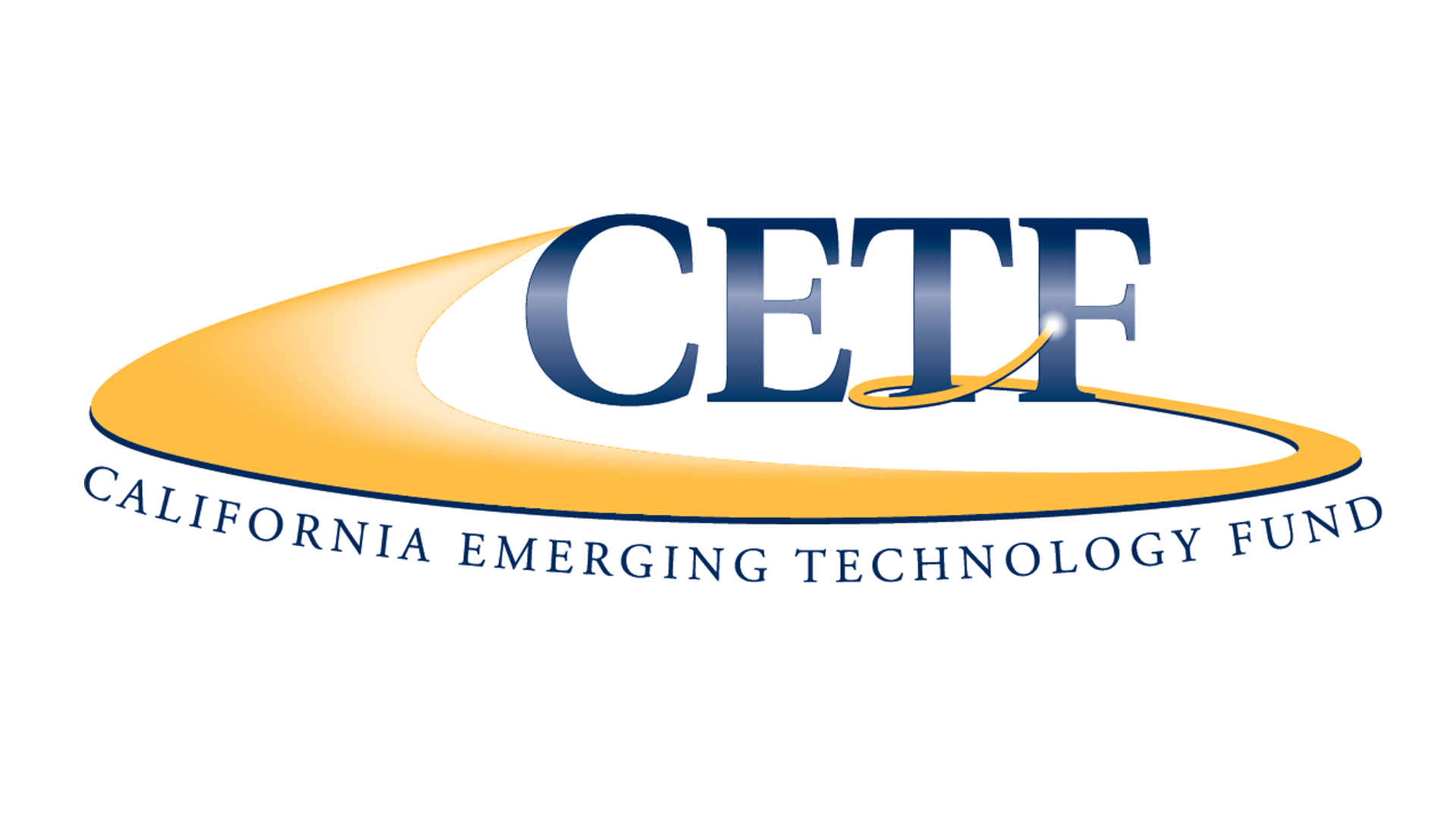 |
In the first-of-its-kind collaboration, nationally-recognized researchers from the University of Southern California Annenberg School for Communication and Journalism, in partnership with the California Emerging Technology Fund (CETF) and with support from The Pew Charitable Trusts, will identify effective and sustainable strategies for bringing affordable Internet to all Americans.
Expanding access to quality, affordable broadband is an urgent national priority and billions of dollars in new investments are in the pipeline for infrastructure deployment and adoption, including $65B in the infrastructure bill recently passed by the U.S. Senate and pending before the House of Representatives.
As states and the federal government design programs with these and other funds, researchers are seeking models that produce results with a high return on investment to help inform policymakers, Internet service providers and corporate, education and philanthropic leaders.
The researchers will receive guidance from an Expert Advisory Panel whose members include highly respected leaders in government, academia, foundations and non-profit and consumer-focused organizations, many of whom have been working on Digital Equity for two decades or more. The goal of the partnership is to measure the effectiveness of various broadband affordability models. Among the models to be reviewed are direct subsidy vouchers to qualified consumers, subsidies issued through Internet Service Providers (ISPs), ISP financial commitments secured through public benefit agreements with regulators and financial commitments as part of IT vendor negotiations with public agencies.
“The COVID-19 pandemic has illustrated the depth and breadth of the Digital Divide. It has also illustrated just how much we still need to learn about barriers to affordable broadband connections,” said Kathryn de Wit, project director for The Pew Charitable Trusts’ broadband access initiative. “Lawmakers at every level of government are looking for ways to ensure that connections are not only available but affordable. This research is critical not only for expanding the field, but for identifying sustainable policy solutions that will help reach the greatest number of Americans.”
François Bar and Hernán Galperin, Professors of Communication at the USC Annenberg School for Communication and Journalism, are leading the research team. “With the federal government and states committing billions to broadband in the near term, there is a unique window of opportunity to connect millions of low-income Americans to the infrastructure they need to thrive in the 21st century,” Galperin said. “However, we need to make sure public funds are used effectively, and that subsidies are distributed in an equitable and sustainable manner. This research program will contribute to achieve these goals by providing evidence-based recommendations about the most cost-effective ways to make these historic investments in broadband work for all.”
“Home Internet is a catalyst for expanding opportunity. We are at a pivotal moment for the nation to gain Digital Equity and overcome poverty which is rooted in systemic racism,” said Sunne Wright McPeak, President and CEO of CETF. She added, “We are proud to establish this unique collaboration that will make substantive contributions to the body of knowledge to achieve Digital Equity, and thank the esteemed Expert Advisory Panel for volunteering to provide input on the research design and peer review of the study.”
View the full PEW-USC-CETF Expert Advisory Panel. Members include:
Dr. Glenn Woroch, Chief Economist of the Federal Communications Commission, who will provide the regulatory perspective, including the emphasis on closing the Digital Divide as a prominent goal of the FCC 2018-22 Strategic Plan.
Cy Richardson, Senior Vice President for Economics and Housing Programs at the National Urban League, who will share insight on how broadband access advances financial inclusion by increasing economic and social opportunities.
Dr. John Horrigan, Senior Fellow, Benton Institute for Broadband and Society, who has extensively researched broadband adoption issues, will help analyze subsidies including the Emergency Broadband Benefit (EBB).
Dominique Harrison, Director of Tech Policy, Joint Center for Political and Economic Studies, who has wide experience analyzing equity issues related to technology policy and the effects on communities of color.
Dr. Amy Gonzales, Associate Professor, Department of Communication at the University of California, Santa Barbara, will examine the effects of social interaction via communication technologies on individual identity, social support, and well-being and the consequences of disrupted access to communication technology.
Other panel members represent top U.S. universities in Michigan, North Carolina, South Carolina and Texas, state governments in Virginia and Wisconsin, and national advocacy groups, including AARP, the National Consumer Law Center and the National Digital Inclusion Alliance.
A separate joint CETF-USC statewide survey on broadband adoption in spring 2021 shows that millions of Californians do not have access to the Internet at home—disproportionately affecting low-income households, seniors, people with disabilities and rural residents. The high cost is cited as the main reason for not having home Internet, and many say they are not aware of existing subsidy programs, some of which are due to expire. While the hardships due to lack of affordable service were harshly exposed during the pandemic, the need goes way beyond this crisis. The partnership’s research findings are expected to be released in the first half of 2022.
The Pew Charitable Trusts is providing financial support for the collaboration. In-kind support is provided from the California Emerging Technology Fund.

